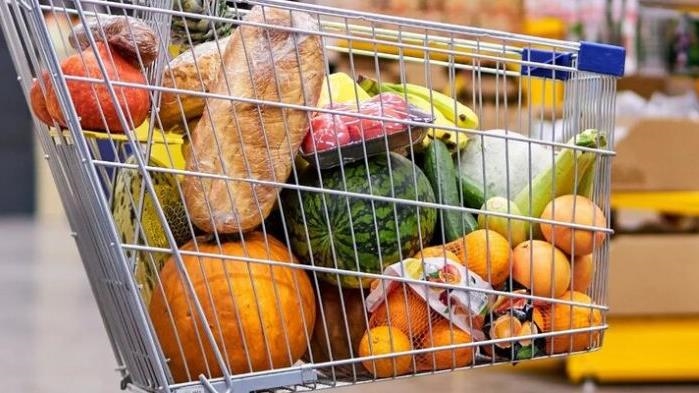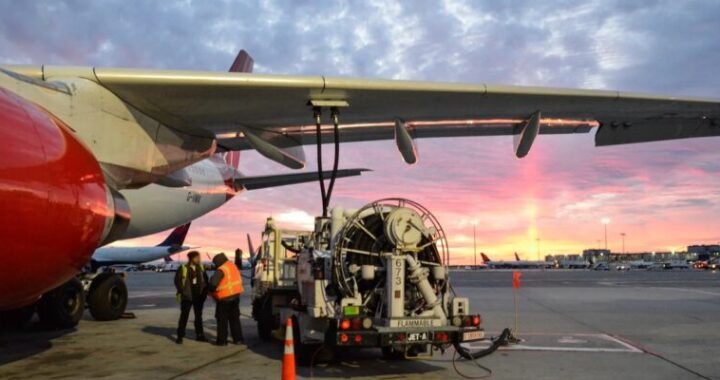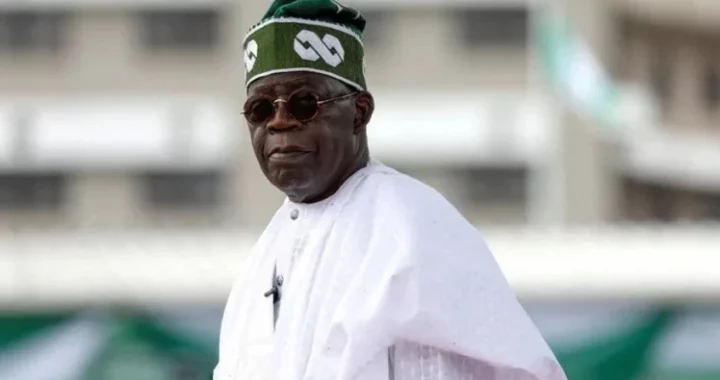Rising global food and energy prices linked to conflict-related crisis in Ukraine pose risks to inflation and growth in DRC, IMF notes

The International Monetary Fund (IMF) team, led by Mercedes Vera Martin, completed its week-long mission to Kinshasa on Monday. Exchanges with the Congolese authorities focused mainly on recent economic and financial developments, economic policy priorities and progress in structural reforms.
Mercedes Vera Martin was optimistic, but still warned of certain risks.
“The outlook for 2022 remains favorable, but downside risks to the outlook have increased sharply and call for accumulating reserves and maintaining prudent macroeconomic policies to build resilience to external shocks,” she told Reuters. the end of his stay.
She hammered home the immediate consequences of the war in Ukraine.
“Rising global food and energy prices related to the conflict-related crisis in Ukraine and volatile mineral prices pose risks to inflation and growth. Rising oil prices generate significant fiscal pressures due to untargeted fuel price subsidies, reducing fiscal space for necessary social and infrastructure spending,” she pointed out.
Thus, the IMF team called for transparency in fuel pricing and to closely monitor the impact of the subsidy on the budget.
The DRC will not be the only country that risks being affected by the energy crisis that the Ukrainian crisis may cause. Around 30% of Europe’s oil needs are provided by Russia, compared to 8% for the United States.


 President Akufo-Addo Inaugurates Dualisation of Anwiankwanta-Ahenema Kokoben Road to Ease Traffic and Boost Connectivity
President Akufo-Addo Inaugurates Dualisation of Anwiankwanta-Ahenema Kokoben Road to Ease Traffic and Boost Connectivity  Angola-Zambia Road Project to Boost Trade and Economy in Eastern Angola
Angola-Zambia Road Project to Boost Trade and Economy in Eastern Angola  ECOWAS HQ construction draws closer to completion
ECOWAS HQ construction draws closer to completion  BP Subsidiary to Sell 50% Stake in Maputo Airport Fuelling to Petromoc
BP Subsidiary to Sell 50% Stake in Maputo Airport Fuelling to Petromoc  Nigerian President: Fuel Subsidy Removal Saves $1.32B in 2 Months
Nigerian President: Fuel Subsidy Removal Saves $1.32B in 2 Months  Tanzania’s Fuel Prices Surge Amid Cross-Border Fuel Sourcing
Tanzania’s Fuel Prices Surge Amid Cross-Border Fuel Sourcing  TENDER FOR THE ESTABLISHMENT OF CODING & ROBOTIC HUBS IN SCHOOLS | SOUTH AFRICA
TENDER FOR THE ESTABLISHMENT OF CODING & ROBOTIC HUBS IN SCHOOLS | SOUTH AFRICA  Power China Group Utilizes Linnhoff TSD1500 for Key Rural Road Projects in Kenya
Power China Group Utilizes Linnhoff TSD1500 for Key Rural Road Projects in Kenya